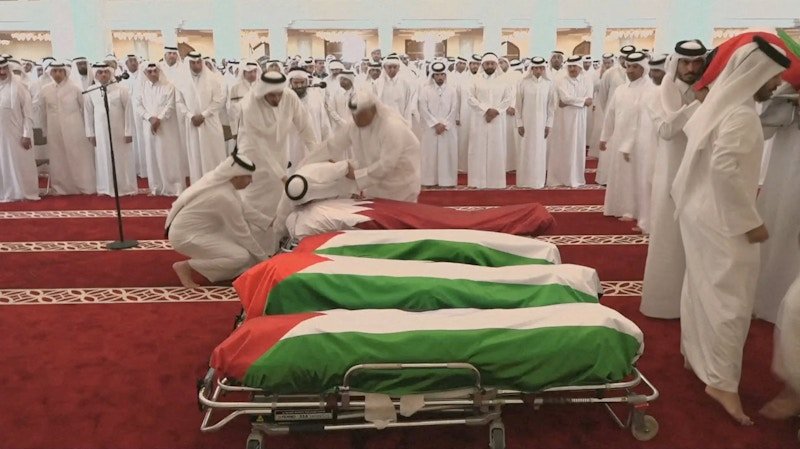Taliban’s Harsh Restrictions on Women’s Rights Continue — Yet Officials Boast of “Unprecedented Progress” in Law and Governance
Despite these criticisms, the Taliban continues to promote its own version of development — focusing on religious education, anti-corruption drives, and local governance programs. Muttaqi insisted that “the world will soon recognize Afghanistan’s progress once politics and bias are set aside.”
Taliban’s Harsh Restrictions on Women’s Rights Continue — Yet Officials Boast of “Unprecedented Progress” in Law and Governance
Even as international outrage grows over the Taliban’s severe restrictions on women’s education and press freedom, the group’s leadership continues to claim that Afghanistan is experiencing “unprecedented progress” in governance, law enforcement, and national unity.
Afghan Acting Foreign Minister Amir Khan Muttaqi, during a recent press briefing in New Delhi, asserted that the Taliban government has restored “law and order” across the nation and is rebuilding state institutions “on the foundations of Islamic justice.”
Muttaqi said, “At present, we have nearly 10 million students across Afghanistan, including 2.8 million women and girls. Education is not banned — only postponed in certain sectors. Afghanistan is now more peaceful and united than at any point in the past two decades.”
However, rights groups and international observers have repeatedly rejected these claims, accusing the Taliban of “systematic oppression” of women and independent journalists. Female students remain barred from universities and high schools, and dozens of women reporters have been silenced or forced into exile.
Amnesty International has described the Taliban’s rule as a “suffocating regime of fear” that is erasing the social and professional existence of Afghan women.
Despite these criticisms, the Taliban continues to promote its own version of development — focusing on religious education, anti-corruption drives, and local governance programs. Muttaqi insisted that “the world will soon recognize Afghanistan’s progress once politics and bias are set aside.”
Analysts, however, say such claims are meant to gain diplomatic legitimacy rather than reflect true reform.









